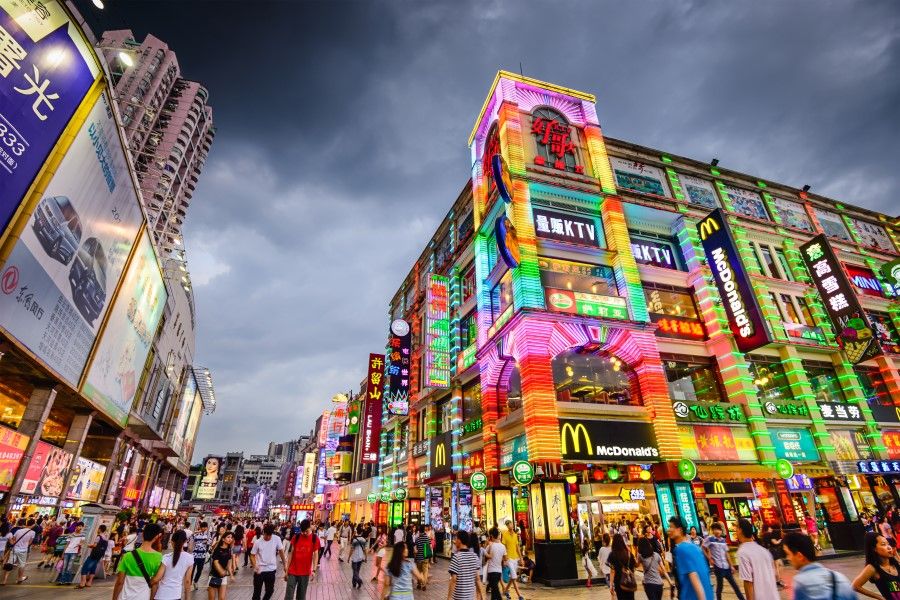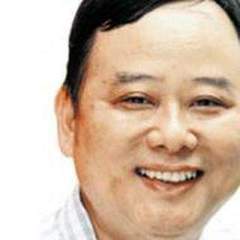Mao Zedong to Xi Jinping - Five generations of CPC leaders

On 1 October 1949, CPC leader Mao Zedong declared the founding of the People's Republic of China at Tiananmen Square in Beijing, marking the beginning of a new historical era in China, a period of absolute rule of the Communist Party of China.
Over the past 70 years, China has gone through five eras under five leaders: Mao Zedong, Deng Xiaoping, Jiang Zemin, Hu Jintao, and Xi Jinping. During this time, there have been great political, economic, cultural, and social changes. On the whole, it has been a move away from poverty, with the general trajectory of these 70 years passing through a period of struggle, a period of reform and opening up, into a time of economic take-off.
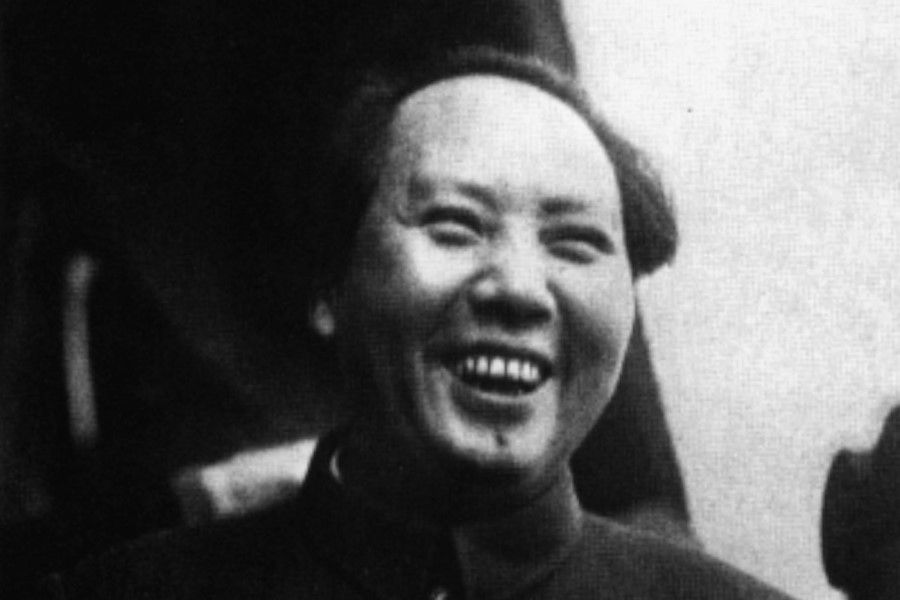
The Mao Zedong era
Extending from the founding of the People's Republic of China in October 1949 to Mao's death in September 1976, the Mao era can be divided into three periods. The first, lasting from 1945 to 1956, involved the CPC's efforts to eliminate the gentried class, which had stood as the elites in China since the Qin and Han dynasties, through wide-scale land reform. During this time, the Party congress system was established, the People's Congress was held, and a highly centralised planned economic system was established through the transformation of the agriculture, handicraft, and capitalist industries and commerce. In 1956, the CPC declared that China had entered the primary stage of socialism.
The second period of the Mao era lasted from 1957 to 1966. Major events during this period included the Anti-Rightist Movement in 1957, the Lushan Conference in 1959, the Great Famine from 1959 to 1961, the Sino-Indian Border War in 1962, and the Sino-Soviet split in the early 1960s.
The third period, lasting from 1966 to 1976, was the time of the Cultural Revolution. Major events during this period included the launch of the Cultural Revolution in 1966, the escape of Mao's heir apparent Lin Biao in 1971, US President Nixon's visit to China in 1972, the April 5 Tiananmen Incident in 1976, and the death of Mao in September 1976.
A highly centralised political, economic, cultural, and social management system was established during the Mao era. The greatest features of this period of China's history were class struggle and political movements, which led to both internal and external troubles and crises.
On the other side, a relatively complete industrial system was also established during this time, mainly by utilising the institutional advantages of a planned economy and "concentrating on major events". At the same time, China made remarkable strides towards eliminating illiteracy, women's liberation, and popularising basic education.
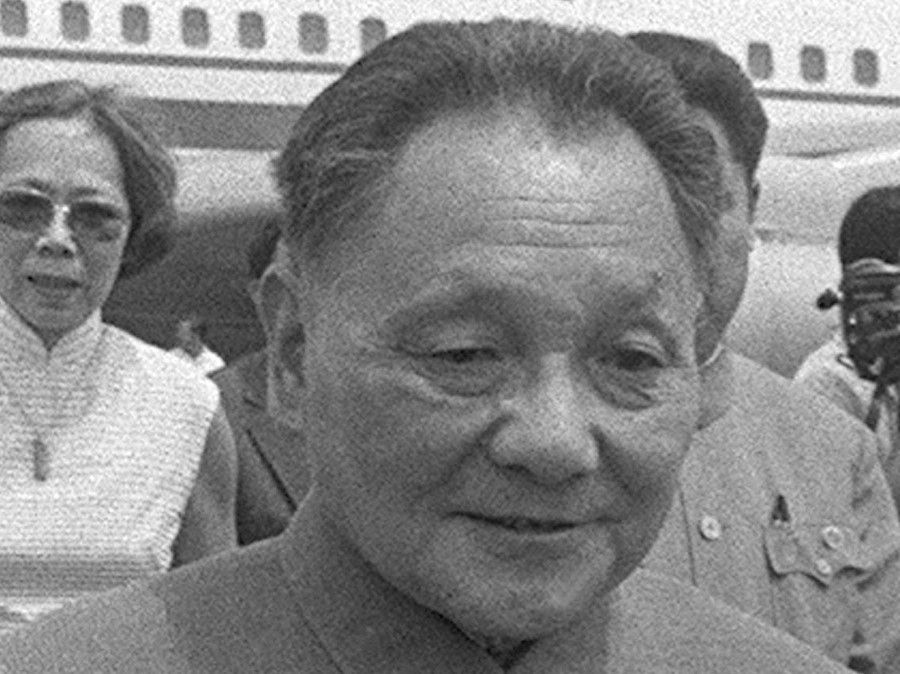
The Deng Xiaoping era
After Mao's death in September 1976, Hua Guofeng, Mao's designated successor, was hailed as a "wise leader" after he and Ye Jianying, a military veteran, captured Jiang Qing (Madame Mao Zedong) and the rest of the Gang of Four. However, Hua's continuation along Mao's path of Cultural Revolution, coupled with his shallow ties within the Party and particularly in the military, led to a change of heart among the cadres and intellectuals who had suffered during the Cultural Revolution. In 1977, Deng Xiaoping, a politician who had deep ties within the Party, government, and military, made a comeback. Through a discussion on the criterion of truth throughout 1978 and during the Third Plenary Session of the 11th Central Committee at the end of that year, Deng became the new leader at the centre of the CPC. Even though Deng never held the highest office in the CPC, he was recognised as China's highest decision maker from the Third Plenary Session of the 11th Central Committee until his death in February 1997.
Major events in the Deng era included the establishment of diplomatic relations between China and the US in January 1979, the cross-border attack on Vietnam by the Chinese army in February 1979, the establishment of special economic zones such as Shenzhen and Zhuhai in 1980, the complete denunciation of the Cultural Revolution at the Sixth Plenary Session of the 11th Central Committee of the CPC in 1981, the issuing of the China-UK joint statement on Hong Kong in 1984, the June 4 Tiananmen Incident in Beijing in 1989, and Deng Xiaoping's Southern Tour Talks in 1992.
The Deng era was mainly characterised by Reform and Opening Up. Under this banner, China redesigned its political, economic, diplomatic, and social development paths, achieving a major historical transformation from class struggle to economic construction, and from rigid closure to Reform and Opening Up. According to official statements, China had embarked on the road to socialism with Chinese characteristics that had been established in the Deng era. The basic line, principles, and policies formulated in this period are still employed by the CPC today.
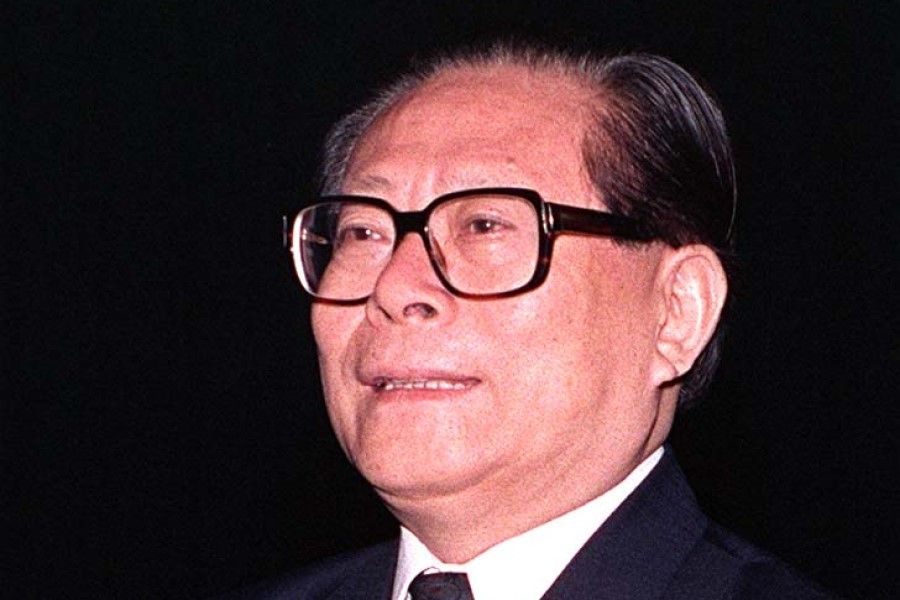
The Jiang Zemin Era
In June 1989, Jiang Zemin was appointed General Secretary of the CPC after the June 4 Tiananmen Incident. After the 14th National Congress of the CPC in 1992, Deng Xiaoping basically stopped participating in public activities, and China entered the Jiang Zemin era. In November 2002, the 16th National Congress of the CPC was held, where Jiang resigned as General Secretary, though he continued to serve as Chairman of the Military Commission of the Central Committee of the CPC until 2004.
Major events in the Jiang era included the Wang-Gu talks in 1993, the reform of the central and local tax distribution systems in 1994, China's recovery of sovereignty over Hong Kong in 1997, the catastrophic flooding of the Yangtze River in 1998, the reform of state-owned enterprises that led to a large number of retrenched workers, the clash between China and the US in 2001, and China's accession to the WTO in December 2001.
In the Jiang era, China's economy maintained its rapid growth, and China was moving towards becoming a major global force in manufacturing and trading. At the same time, the gap between urban and rural areas, like the development gap between southeast coastal areas and the central and western regions, was rapidly widening, a problem further aggravated by widespread corruption. The reform of state-owned enterprises led to the collapse of a large number of these enterprises, retrenched workers, and the awakening of public awareness of safeguarding rights resulted in a marked increase in mass incidents.
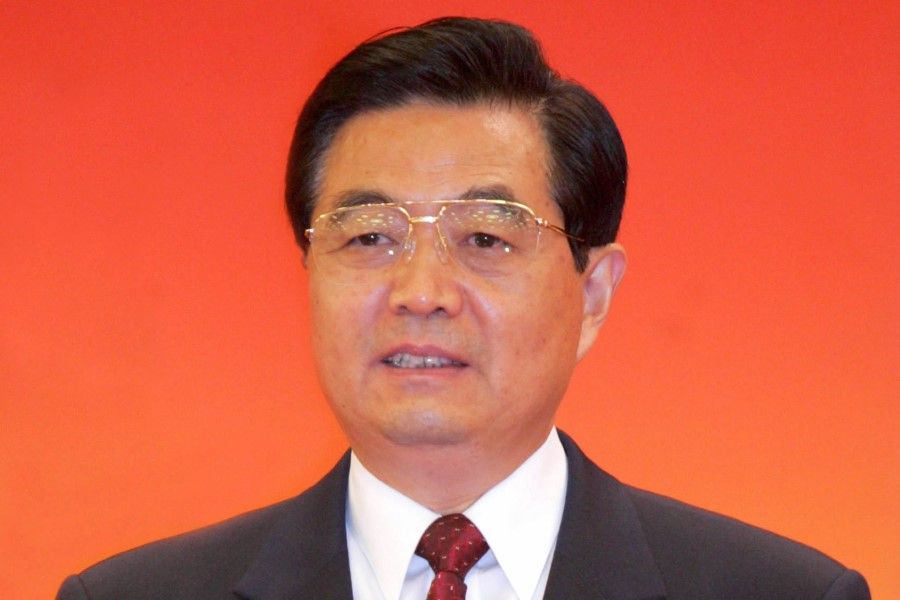
The Hu Jintao Era
After the 16th National Congress of the CPC in 2002, Hu Jintao took over as the General Secretary of the CPC, though this role no longer held a "central" status. In 2004, Hu took over chairmanship of the Military Commission of the CPC. After the 18th National Congress of the CPC in November 2012, Hu resigned from the posts of General Secretary of the CPC, Chairman of the Central Military Commission, and President of the country, a move known as a "full retreat".
Major events in the Hu era included the SARS epidemic in 2003, Xi Jinping's rise to become the highest successor at the 17th National Congress of the CPC in 2007, the Wenchuan earthquake in 2008, the Beijing Olympic Games in 2008, the July 5 Incident in Urumqi in 2009, and the 18th National Congress of the CPC in November 2012.
In the Hu era, China's economy continued to grow at a rapid rate, and social control was relatively lax. Compared with his predecessors, however, Hu was in the most disadvantaged position. Nine Standing Committees of the Politburo of the CPC were in charge of different fields, referred to as "nine dragons rule the waters" (jiulong zhishui). At the same time, corruption centered in positions of public power ran rampant, various interest groups gradually formed and solidified, and social contradictions increased, even tending to become acute.
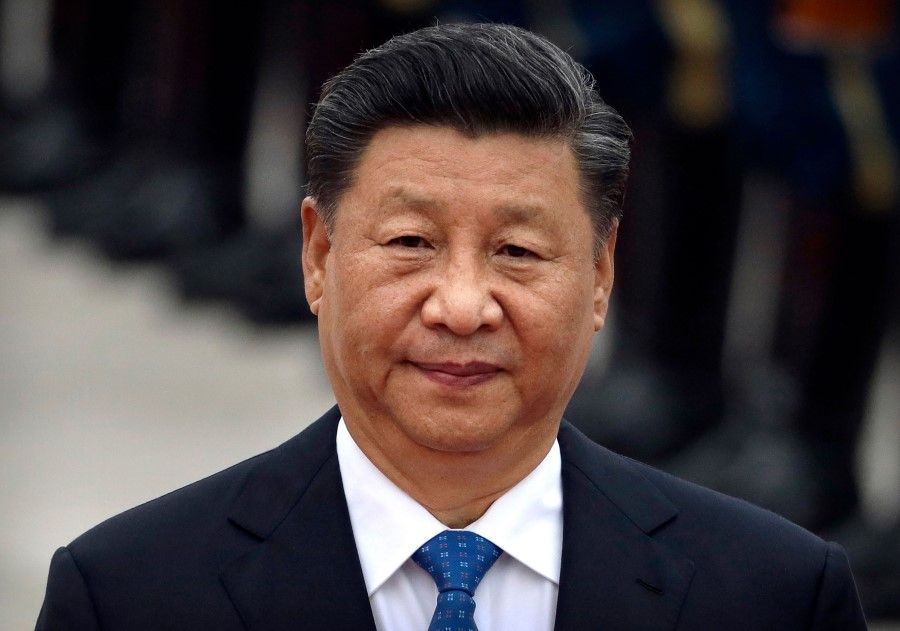
The Xi Jinping Era
After the 18th National Congress of the CPC in 2012, Xi Jinping took over all the top positions across the board, including those in the Party, government, and military, initiating China's Xi Jinping era. In October 2016, the Sixth Plenary Session of the 18th Central Committee of the CPC formally established Xi's central position in the entire Party. In March 2018, China amended its Constitution so that the office of the President was no longer subject to a two term limit. It is generally believed that Xi will serve longer as China's top leader than Jiang and Hu.
After taking over as the General Secretary of the CPC, Xi raised the banner of reform and fighting corruption, vigorously consolidating the Party and governing the military while also pushing the entire Party to help the poor rise out of poverty. He launched the Belt and Road Initiative (BRI) and responded proactively to the China-US trade war, demonstrating a new attitude of "making a difference".
From the 18th National Congress of the CPC to early September this year, 187 senior officials at or above the provincial and ministerial levels were publicly investigated and prosecuted by the CPC. The officers investigated included former member of the Standing Committee of the Politburo Zhou Yongkang, Xu Caihou, Guo Boxiong, Sun Zhengcai, Ling Jihua, the former director of the General Office of the CPC Central Committee, and others.
While vigorously fighting corruption, Xi has simultaneously proactively promoted reform and expanded opening up. As of last year, more than 1,600 reforms have been launched by the government over a six year period. As of August this year, 18 provinces in China have established pilot free trade zones.
At the 19th National Congress of the CPC, held in 2017, Xi's new era of socialism with Chinese characteristics was established as the latest guiding ideology of the CPC, indicating that Xi had become the highest ranked leader of the guiding ideology of the CPC after Mao and Deng.
Goals and challenges
Over the past 70 years, China has experienced disastrous political movements such as the Anti-Rightist Movement and the Cultural Revolution, the Great Famine of 1959-1961, and major political disturbances such as the June 4 Tiananmen Incident. Even so, China has basically completed the process of industrialisation and kept up with the information age.
China will build a prosperous society all round by 2020, basically achieve socialist modernisation by 2035, and build a strong, democratic, civilised, harmonious, and beautiful socialist modernised power on the 100th anniversary of the founding of the People's Republic of China...
In 2018, China's GDP reached US$13.6 trillion (S$18.7 trillion), steadily ranking as the world's second largest economy. Its national per capita income of US$9,732 is higher than the average level of middle-income countries.
According to the path set out by the 19th National Congress of the CPC, China will build a prosperous society all round by 2020, basically achieve socialist modernisation by 2035, and build a strong, democratic, civilised, harmonious, and beautiful socialist modernised power on the 100th anniversary of the founding of the People's Republic of China in 2049.
As China's rise will inevitably change the global market and the international order, conflicts of interest and values between China and the US or other countries are inevitable, and China's external environment is likely to continue to deteriorate as a result. At the same time, China's weak domestic economic growth, the lack of supervision of power, the gap between rich and poor, various social injustices, and other issues are far from being resolved. China will continue to face these internal and external challenges over a long period in the future.
